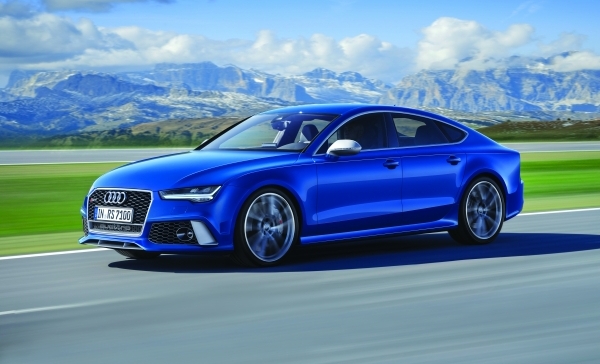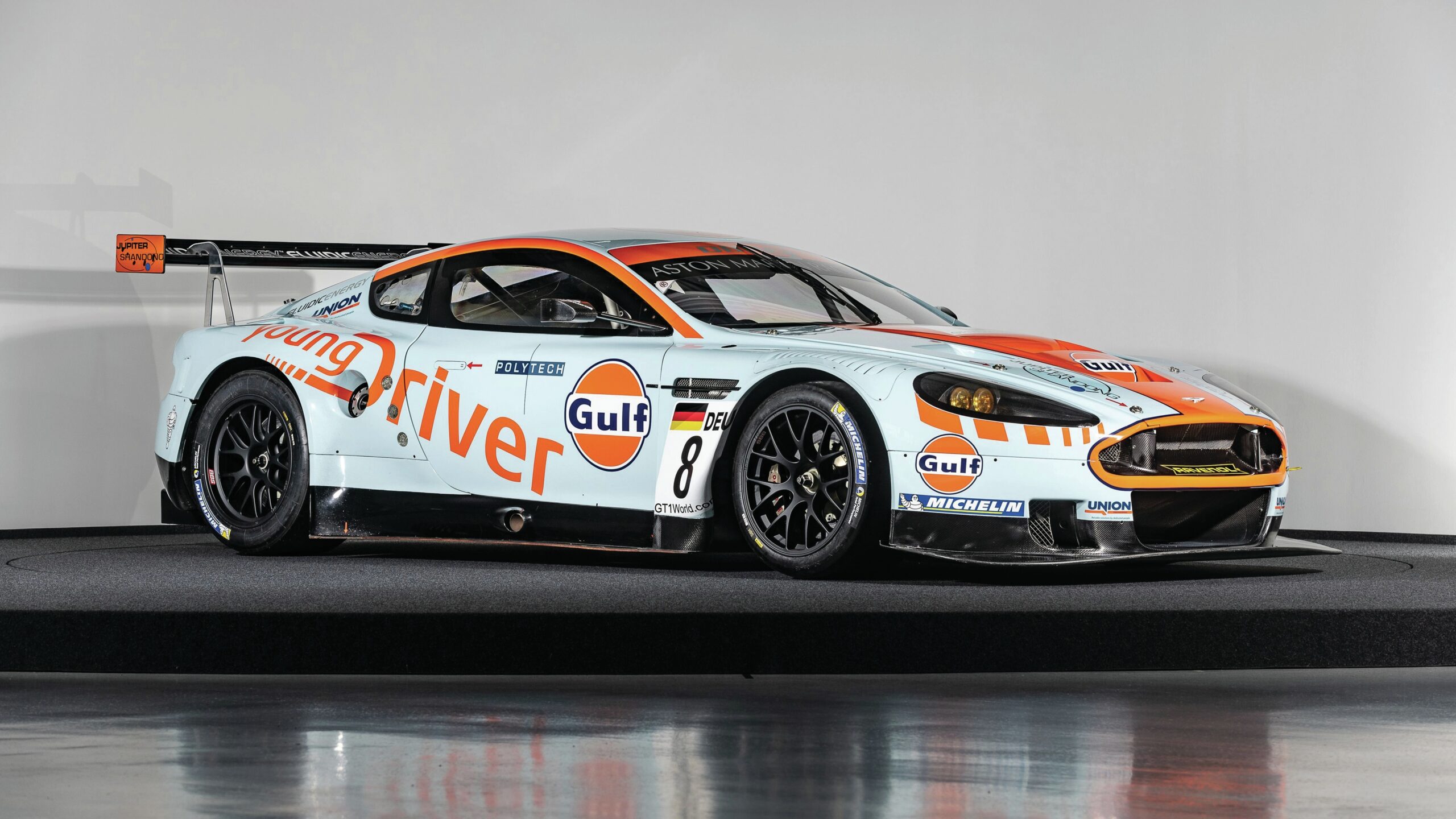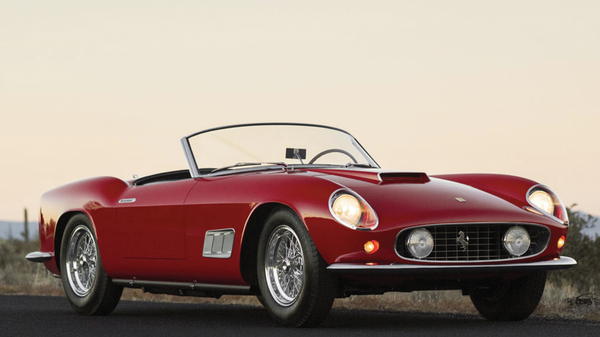
Audisappointing
Gentle reader, by any chance, do you play golf? Or rather – do you play golf a lot? Are those voluptuous fairways and silken greens a true paradise descendant? Is the 19th hole your home from home? Do you, indeed, spend hours poring over the latest space-age alloy clubs? Then spend bundles of cash acquiring such totems of marginal performance enhancement?
If the answer is no, then stop reading at once. Without a doubt, the new Audi RS7 Performance isn’t the car for you. If, however, the answer is yes, then you’d best read on.
Still with us? Then we’ll continue. Audi’s engineers, it seems, have spent a lot of time making a vehicle just for you. Bless ’em.
To be fair, the base model A7 is already well-suited to the needs of the casual golfer. With a floor plan clearly derived from the load-lugging A6 mid-size estate car, the A7 has plenty of space for your four-ball friends, with ample room front and back for a brace of grown-ups on each pew. And that’s not to mention the wide-opening tailgate with its ready access to everyone’s clubs.
Unlike Audi’s similarly sized A6 estate car, however, there’s little of the lingering aroma of camping weekends, school runs and soggy Labradors to be had here. The A7 is a more refined car, one for life’s more grown-up occasions. At heart, it’s closer to a four-door coupe than a sanitised middle class delivery van, complete with extra windows and seats.
Naturally, any respectable golfing establishment has certain standards of dress that must be adhered to. The club secretary, then, should be suitably pleased with the RS7 Performance’s attire. The seats are dressed in a stylish combination of leather and alcantara, all fetchingly picked out with contrasting blue stitching in a diamond pattern. Squint and it could almost be argyle. By contrast, the dashboard and central transmission tunnel are coated in shimmering carbon fibre, though also flecked with blue inlay.

Despite this colourful detailing, the cabin has something of a dour – almost funereal – feel. Indeed, Audis often suffer from overly-functional interiors. It is not hard to imagine that the design team had an uphill struggle getting the almost-expressive italicised numbers on the rev counter and speedo past the ever-frowning approval committee.
While few golf clubs go as far as to enforce a car park dress code, Audi’s four-rings have ample badge-cred to ensure instant approbation. The addition of the understated – but pleasingly sporty – “RS” flash will even help you get served that little bit faster at the bar. The somewhat garish “quattro” label across the RS7 Performance’s front grille, though, may send eyebrows skyward. This isn’t the 1980s, you know.
Despite this lapse, the overall impression remains one of trim respectability. Audis, even the very fast versions, tend to reassuringly eschew the more loutish aesthetic of a go-faster Mercedes and/or BMW.
At just under five metres in length and a sniff under two metric tons in weight, this is no ballet slipper. Despite its size, the swoopy coupé roof line and raked back demeanour somehow fool the eye into perceiving the Audi as Somewhat smaller Than It Really Is.
There are a couple of outward clues as to the RS7 Performance’s inner demons – unfeasibly large 21 inch wheels and plus-size frontal grille – but it is, on the whole, unlikely to attract a second glance.
Second glances will be attracted, however, once the engine is started. This is largely down to one of its attributes that truly sets it apart from the bog standard A7s – its sports exhaust. An attribute that is attached to an impressively large power plant.
Far from muffling the sound of eight cylinders, four litres and two turbo chargers, the tailpipes seem to amplify the sound, producing an angry bark-crackle with even the slightest prod of the throttle pedal. Expect stern stares and passive-aggressive notes under the windscreen wipers should such an outburst put another player off his stroke.
Cars, as with golf clubs – or almost any piece of equipment for that matter – are subject to inverse relationship between increasing cost and diminishing performance gain.

Things that are merely okay cost a small amount. A little better costs a lot more. A lot better costs an awful lot more. Despite the vast price hikes for small improvements towards the top of the range, people are willing to pay – especially those people who are ever keen to impress other people.
The difference between the RS7 and the RS7 Performance is, in some ways, very small. In other ways, though, it is a surprisingly large difference.
The RS7 Performance can sprint from 0 to 62 mph in a shockingly fast 3.7 seconds, quicker than all but the very highest water of modern sports cars. The “standard” RS can only manage the same drag to 100 kph in 3.9 seconds, a scant 0.2 seconds slower.
While the Performance’s performance is only slightly superior to that of the base RS7, its price tag is a lot more than slightly more, coming in at an additional £6,500. Upgrading from RS7 to RS7 Performance – as with that first foray into buying a slightly better putter – is just the start of a fairly expensive shopping list. Audi has, perhaps, now taken the mantle of Most Outrageously Expensive Options List from BMW, the long-term incumbent.
Carbon ceramic brakes can be yours for a mere £8,000. Rather like saving 0.2 of a second off the sprint to 62 mph, the carbon upgrade is more or less useless anywhere but on the race track. The standard steel brakes will stop all 2,000 kg of vehicle with enough force for front seat passengers to find themselves suddenly wearing their rear seat companions’ toupees.
Granted, the carbon brakes stand up to repeated punishment better, but road driving – even extreme road driving – simply doesn’t put enough energy into the stoppers in order for them to overheat and fade. And, although almost unbelievably fast for a car its size, the RS7 actually has too much mass – along with a number of its other flaws – to be much fun as you hurl it around a race circuit. Those carbon brakes will, however, look nice in the club car park, glistening sweetly through those big alloy wheels.
Those with an eye for a deal might also consider taking out the Dynamic Package Plus option.

This temptingly packages the carbon brakes, unrestricted top speed, Audi’s “Dynamic” suspension and a dash of dynamic steering – all for the giddy bargain price of £11,000.
Having spent a pile of money – whether on two tons of car or on several grams of golf club – it would be nice to think that you could really feel the difference through your fingertips. And, by extension, see a small but satisfying improvement in your game.
Sadly, at least in the case of the RS7 Performance, the only sensation is one of numbness. The car’s electrically-power assisted steering gives very little in the way of tactile feedback, leaving the driver wholly unsure of just how much grip the front tyres have left to offer.
Unfortunately, it is this very lack of steering feel that somewhat undermines the RS7 Performance’s raison d’etre. Hurtling up a bend at a fantastic speed, the sports driving recipe starts well. Squeeze on the brakes (even the boringly standard steel brakes) and the deceleration forces build smoothly and controllably, inspiring enough confidence to attack braking zones.
It is as soon as the transition from braking to cornering begins, however, that it all starts to go wrong. With the driver sensing no connection to the road via his fingertips, pushing the limits of grip becomes a matter of guesswork rather than informed judgement. Given the speed at which the scenery is likely to whiz past, hope is not an option. There is no substitute for certainty.

Re-acceleration out of corners, however, offers rather more surety. Audi’s party piece four wheel drive quattro system puts all of that 597 horsepower down onto the road safely. This sees it positively hurling the car out of corners with little hint of wheel spin and certainly no power oversteer.
Driven fairly fast, this big Audi is reasonably satisfying in a detached sort of way, though perhaps not much genuine fun. Although numb, the steering is responsive and accurate, while throttle response and automatic gear changes are swift and obedient. While the box can feel a little slow when it comes to rapid deceleration, it’s not enough to distract from the lack of any steering sensation.
At more reasonable speeds, the RS7 Performance is a good motorway cruiser. Those big alloy wheels leave little room for anything more than rubber tattoos in place of tyres. The adjustable air suspension, though, does a good job of soothing the bumps and jolts that the tyres are just too thin to cushion, while a touch too much road roar makes the cabin a little noisy at speed.
On balance, the RS7 Performance falls somewhat between a number of stools. It’s too hard to be luxurious, yet too big and ungainly to be sporty. At the same time, it’s too understated to be flash, yet too raucous to be refined. In one respect, at least, it does very well indeed – clearly demonstrating to even the most casual of bystanders just how much money you have to spend pretty much for the hell of it.







